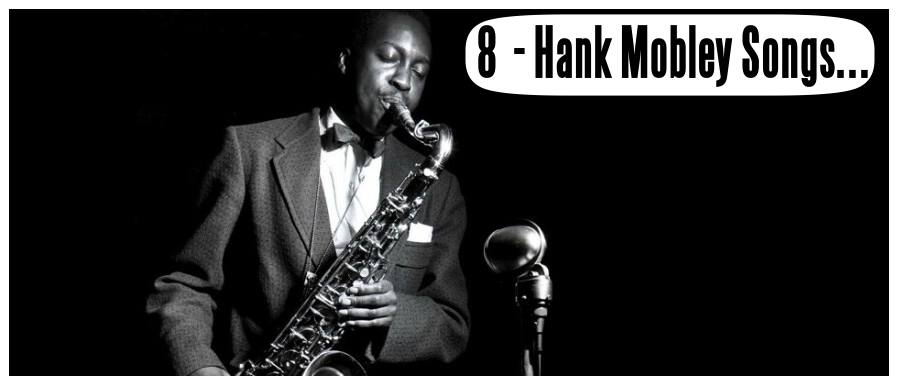(ThyBlackMan.com) The headline may catch some readers by surprise. We’re used to talking about what’s going wrong for black males: Over-represented in the criminal justice system, under-represented on payrolls; victims of inadequate health care and neglectful of their family responsibilities. And in education: chronically over-represented in lower-ability groups and special education programs, and underrepresented in gifted and talented programs.
It’s true: Our young men are an endangered breed. And the higher the level of education, the more endangered they are. According to a recent report by the Schott Foundation for Public Education, “The national percentage of black males enrolled at each stage of schooling declines from middle school through graduate degree programs.”
But a new documentary about black males and education, Beyond the Bricks, now touring the country, suggests that maybe we’re asking the wrong question. Maybe, instead of looking at black males who are falling by the  educational wayside and asking what they and the schools they attend are doing wrong, we should be looking at the black males who are succeeding, and asking what the colleges they attend are doing right.
educational wayside and asking what they and the schools they attend are doing wrong, we should be looking at the black males who are succeeding, and asking what the colleges they attend are doing right.
I started asking that question at MIT, before I joined UNCF. I looked at the histories of black male students at MIT and several other colleges and universities, looking for the secret of their success. Here’s what the students I surveyed had in common:
They had high confidence in their academic ability
They had strong relationships with faculty.
They were more socially integrated in the campus community
They possessed a strong “internalized” racial identity
The next step was to ask what colleges are doing to foster those winning attitudes. What kinds of programs produced students with confidence and learning behaviors that led to success? What were the most successful programs and institutions doing right.
Five program attributes stood out;
They own the responsibility to improve outcomes of all students, and especially black males. From the president on down, institutions like UNCF member Philander Smith College in Little Rock, Arkansas, take ownership of the challenges, rather than just talking about them. Their faculty feels that they can–and are empowered to–directly influence both individual and collective student outcomes.
They are intentional about building the academic self-confidence of black males. Successful programs, like the Meyerhoff Scholars Program of the University of Maryland Baltimore County (UMBC), facilitate early success, communicate high expectations to students, and provide positive role models and formal mentors to support students’ academic pursuits.
They increase informal contact with senior administration and faculty. The President’s Men program at UNCF member institution Florida Memorial University utilizes roundtables, membership on institutional committees, co-curricular and extracurricular activities and collaborative research projects that allow faculty to see students outside of the classroom context.
They increase faculty and counseling staff awareness about racial identity schema. Successful institutions attend to the racial (and gender) identity development of black male students, which shapes their circles of friendships, their emotional responses when confronted by racism, their predisposition toward non-white and same-race faculty and counselors, and their willingness to take on unfamiliar intellectual risks. For instance, Morehouse College, informed by the work of its Morehouse Male Initiative, is infusing topics about identity across the curricula and thus fostering the holistic development that leads to healthy senses of self.
They increase opportunities for black males and other students to develop critical “habits of mind.” Colleges like MIT ensure that their black male students can deploy effective learning strategies such as leveraging study groups, office hours, reading and writing workshops. They also understand that lack of effective effort is typically the cause of low performance, not lack of ability, an understanding that the Boston-based Efficacy Institute has rooted in their approach.
What works on one campus is worth trying on another. Where colleges like Philander Smith and universities like UMBC can lead, others can follow. And helping UNCF member colleges replicate those successful programs and results is the work of UNCF’s Institute for Capacity Building (ICB), an institutional improvement initiative that helps UNCF member institutions become stronger and more self-sustaining. Now entering its fifth year of operation, with all 39 of our member colleges and universities having taken part in at least one program, ICB is working for our schools.
Now we’re developing a capacity-building program that will help our colleges and universities take the lessons learned about black male success and apply them on their own campuses. We’ll start by performing an inventory of successful access and completion programs like the ones I’ve referred to above. We’ll make grants to help colleges develop innovative, evidence-based programs that enhance both the courses that are taught and the professors who teach them.
We will offer support for students as well as for faculty. There will be scholarship support for black males with the greatest financial need. There will be mentoring, “intrusive advising”, and faculty engagement initiatives. And there will be student affairs programming that fosters the positive identity development of African American males.
We will also institute a rigorous monitoring and evaluation process to ensure that we are meeting our intended outcomes. And we will disseminate the lessons learned from our work to other institutions through ICB-sponsored learning Institutes and publications.
None of these programs and the insights they are based on is novel–and that’s the point. We need to keep innovating, keep looking for new solutions. But we also need to have the vision and resolve to take successful approaches to scale, to benefit not just thousands of students but tens of thousands and hundreds of thousands.
Taking what works and doing more of it: It’s not rocket science.
Written By Dr.Karl Reid

















It’s funny that I came across this enlightening article. I completed my undergraduate studies at the University of Pretoria, one of the top three universities in my country (South Africa). I was majoring in Economics and I took Statistics as an elective. I was just an average achieving student throughout all the entire three years I spent at this university. On my third year of study I started developing more interest for the statistics subject and I decide to enrol for my honours degree majoring in Statistics. Because I had an average of 60% I was not allowed to register for all of the honours modules because they believed that I would not be able to cope with the amount of work. Knowing that I could cope with the amount of work, this was really demotivating on my side even though I understood that the university put these rules because of the performance of the past students. However three months down the line during that academic year, I decided to discontinue my honours studies because I believed to be a waste of my time and my parents’ money to study something for two years which I strongly believed I could complete in one year.
I applied to another university to study my honours degree majoring still in Mathematical Statistics. I did so even though I was not optimistic about it. For some reason I got accepted and I got to register for my honours degree majoring in Mathematical Statistics at the Nelson Mandela Metropolitan University.
This was a much smaller University as compared to the University of Pretoria. I was completely overwhelmed by the difference between the cultures of both these University. Their curriculum was almost the same and some of the honours papers we wrote were moderated by proffesors from my previous university. However the experience was totally different. In this university (NMMU), I was treated like a coleague to some of the academic staff. Some of our lecturers even took the time and effort to get know us on a personal level I guess it’s size allowed this to happen. As honours students we were allowed to partake in some of the statistics seminars, workshops, presentation and even dinners. We were made to belong and there were no different lectures for different groups (e.g the English and the Afrikaans group). We were all one group and we had our own laboratory as post grad students and we had access to the staff tea room and bathrooms. This made me feel really valued and made me to feel belonging as well. It was an experience I never even thought I would ever have.
I am graduating this year with an Honours degree in Mathematical Statistics (Cum Laude). Who would have thought I would graduate Cum Laude in my honours studies. A distinction was a dream when I was studying at the University of Pretoria and graduating Cum Laude was a fantasy. There were more black students at this university even though all our lecturers were white. The experience was different. I was treated like one of the most important people at this university and I was made to believe I was capable of so much more than I thought.